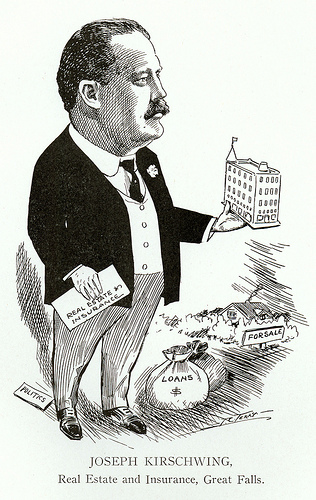LSREF2 CLOVER PROPERTY 4, LLC v. FESTIVAL RETAIL FUND 1, LP, (2016) 3 Cal.App.5th 1067
Issue: Is the guaranty of a loan by the parent entity here a “sham” guaranty?
Holding: No, “[T]he overriding concern when deciding whether the sham guaranty defense applies is whether the guaranty is an attempt to circumvent the antideficiency laws.”

Festival Retail Fund 1, LP (the “Fund”) was formed to find real property to invest in. From the outset, the Fund purchased properties only through newly formed “special purpose entities” (“SPE”). Here the Fund entered into an agreement to buy a property. The agreement provided that the property would be purchased by a SPE. The SPE was also a limited partnership and was wholly owned by the Fund. Bank then made a payday loans without direct deposit to the SPE to buy the property, . The Fund guaranteed $1.5 million of the $25 million loan. The Bank later filed a non-judicial foreclosure complaint and included the Fund alleging breach of the guaranty. The Fund argued that it was the alter ego of the SPE under the “single business enterprise” theory and therefore it was “protected by antideficiency laws because it was, in reality, the primary obligor on the loan and the loan guaranty was effectively a sham.” The court agreed and entered judgment for the Fund. Read more…




